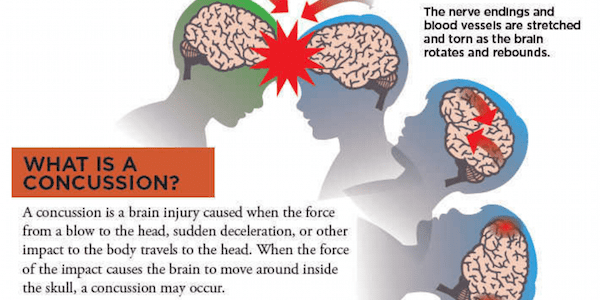
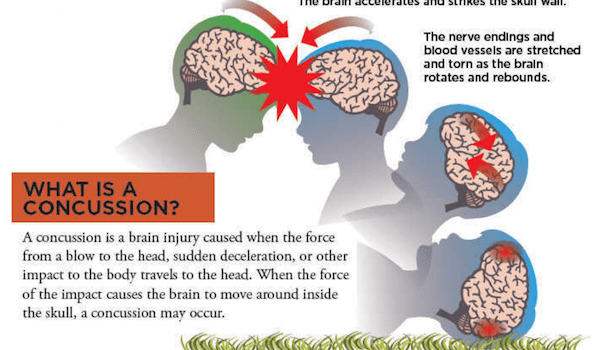
What You Need to Know About Head Injury
HS / CLUB RUGBYLEVELUP INSIDERS September 5, 2018 Karen Fong Donoghue 0

|
Rugby is a contact sport – we all know it, and while we all do as much as we can to prevent head injury, each year I come across students who have had a concussion (or two). And unfortunately, not only do head injuries affect the ability of a player to return to play, it also heavily impacts a student’s ability to continue performing in the classroom. Students have a tough time concentrating, staying focused, reading in bright light, sleeping and much more.
All too often, students are returning to the pitch too early, long before their brain has had a chance to heal. A lot of high school and club games now require a medical trainer to be on the sideline at all matches, however, not all teams have the ability to have medical staff at trainings.
Because of this, I highly recommend ALL parents, players, coaches and administrators read the USA Rugby Head Injury Assessment protocol to ensure you know what to do if your son, daughter or player has this occur. |
Recognize and Remove
The HIA only covers a small amount of rugby being played. Nationally and internationally, the majority of our game is not being played at the elite level. It is at this stage that all teams must understand and follow the Recognize and Remove process:
CLICK HERE TO LEARN MORE ABOUT RECOGNIZE AND REMOVE >>>
Recognize
The first step in correctly following the Recognize and Remove process is understanding what a concussion is and how it can be diagnosed. A concussion is a brain injury, making each and every concussion a serious issue. Any or more of the following clearly indicate a concussion:
- Seizure
- Loss of consciousness – confirmed or suspected
- Unsteady on feet, balance problems, falling over or poor coordination
- Confused
- Disoriented – not aware of where they, who they are or the time of day
- Dazed, blank or vacant look
- Behavioral changes, i.e. More emotional or more irritable
There are more signs of concussion, you can view those here.
Remove
Any player with a concussion or suspected concussion should be immediately and permanently removed from training or play. No exception. The appropriate medical checks and procedures must then be followed. After the player has been safely removed, he/she should NOT return the field of play at any time and should be given medical assessment/treatment.
Return to Play
Rest is a key component of concussion treatment. Adult players must rest for a minimum of one week and youth and HS players must rest for two weeks. After the mandatory rest period, and being symptom free, player can continue to the five day Graduated Return to Play (GRTP) program.
You can view the entire GRTP program and more on usarugby.org/concussions.
Of course, in a perfect world, we can try to reduce the chances of concussion and other injuries,
Recently I attended a World Rugby Educator weekend and we learned about World Rugby’s new “Activate” Program which, in its first phase of trials has shown significant reduction in soft tissue injuries and concussion injuries. Well worth a look for all coaches, administrators, players and parents:
Wait for it! The techniques are imparted after a brief drill is shown. Edited from https://www.usarugby.org/2017/04/head-injury-assessment-what-you-need-to-know/


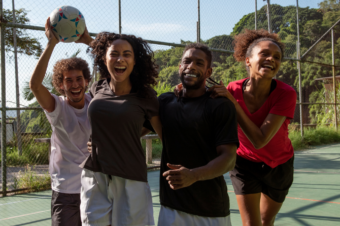

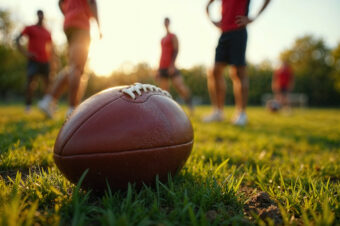




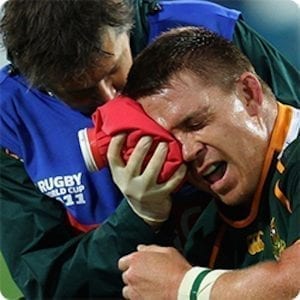
No comments so far.
Be first to leave comment below.